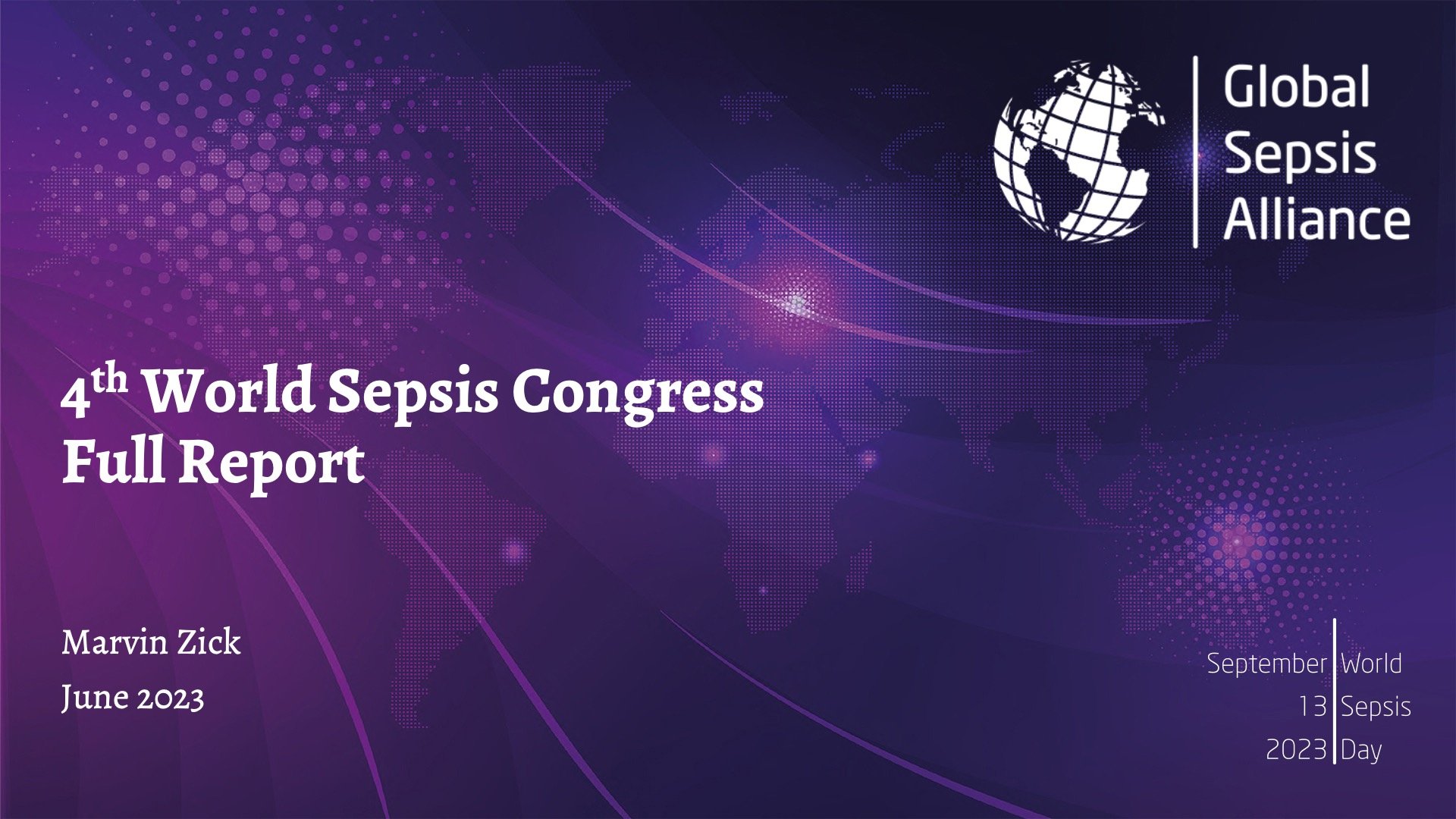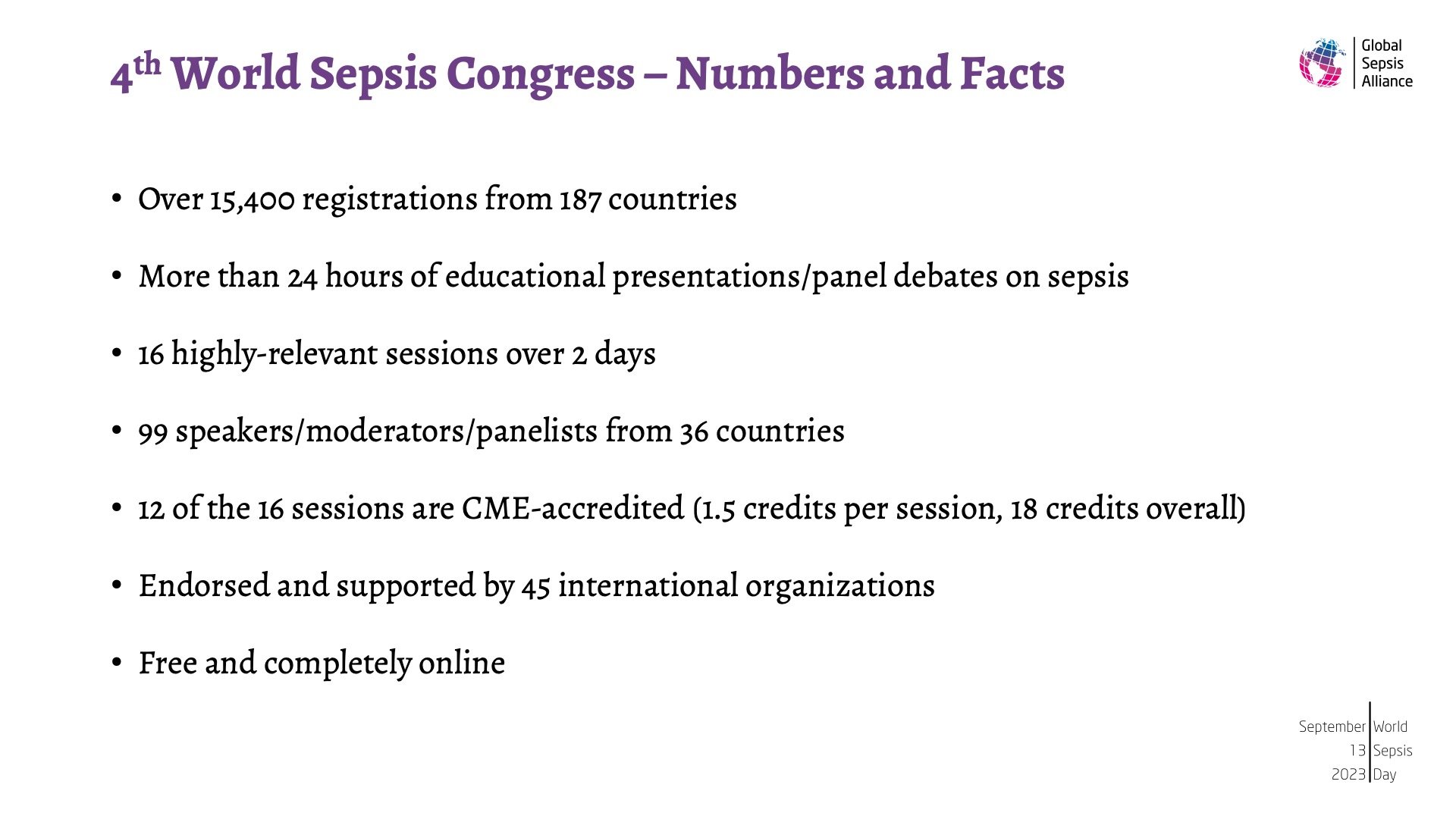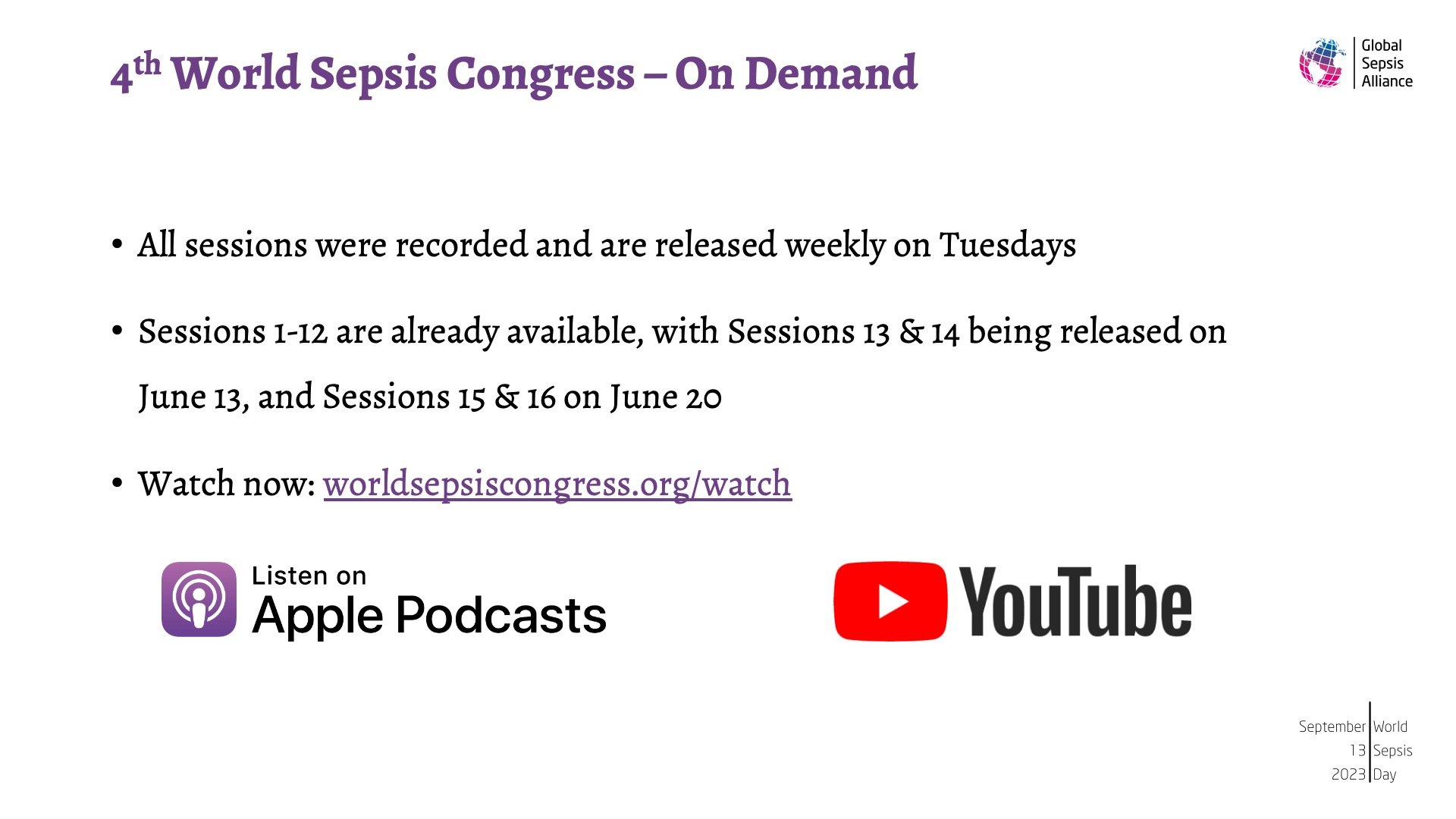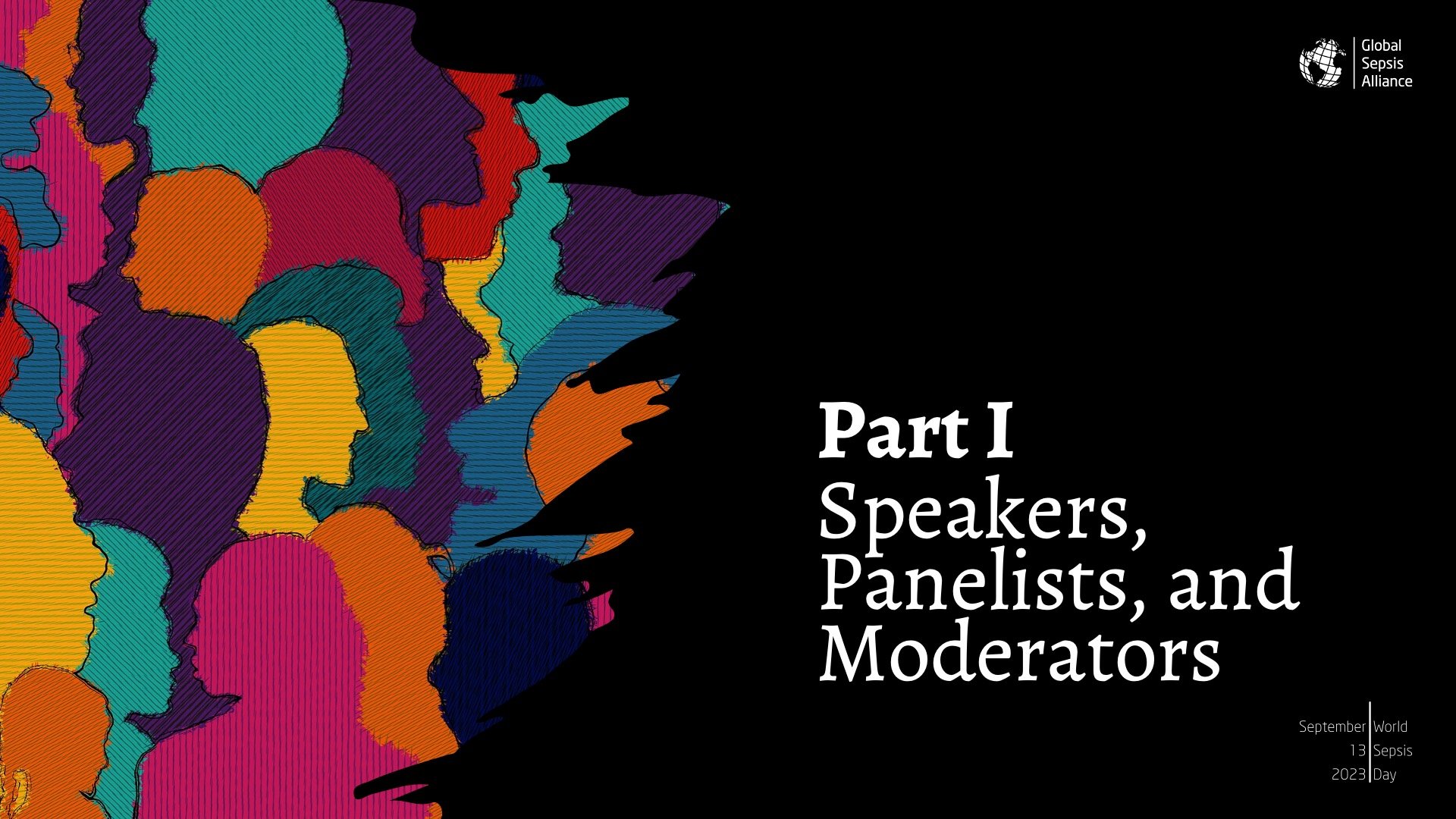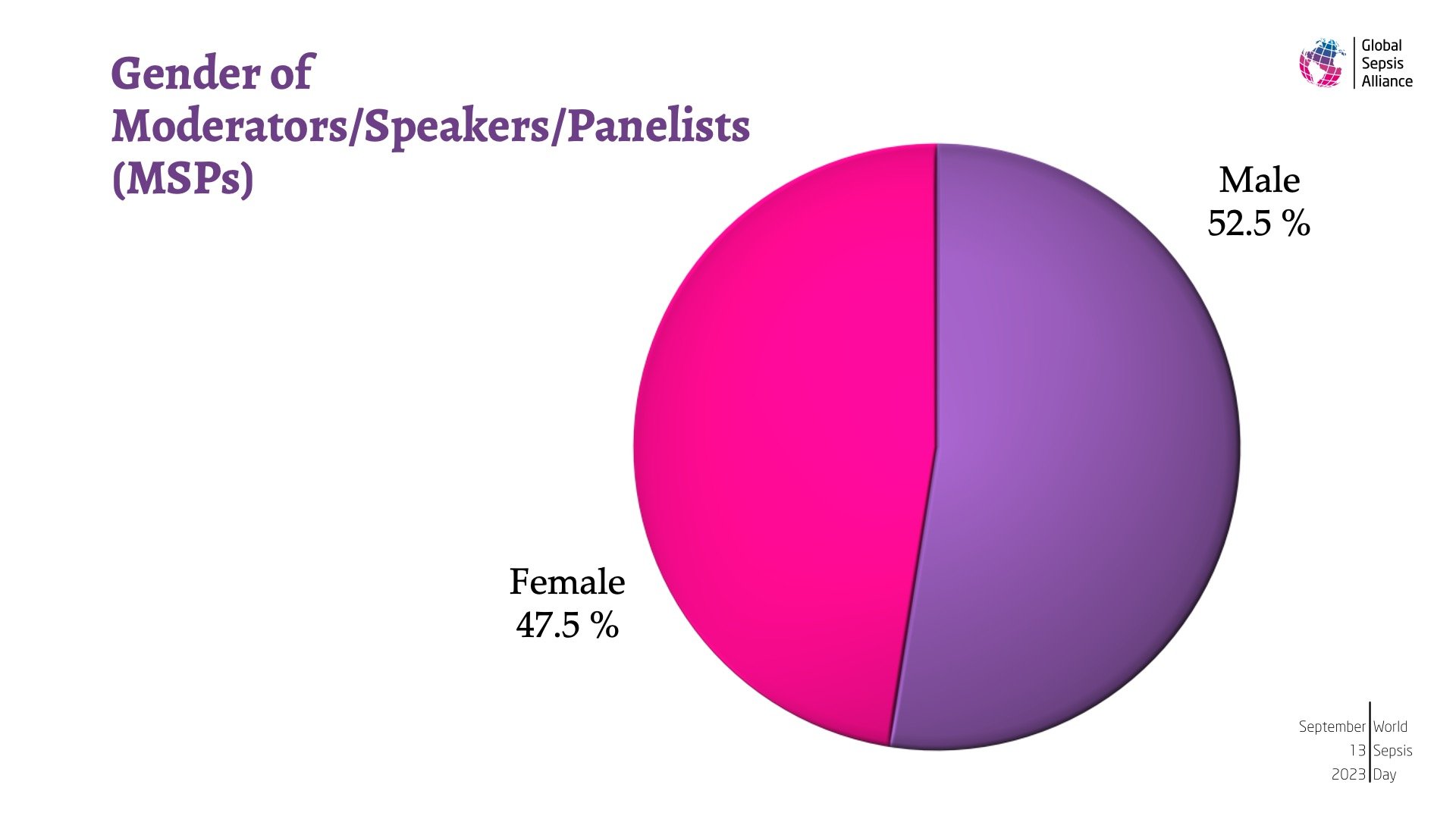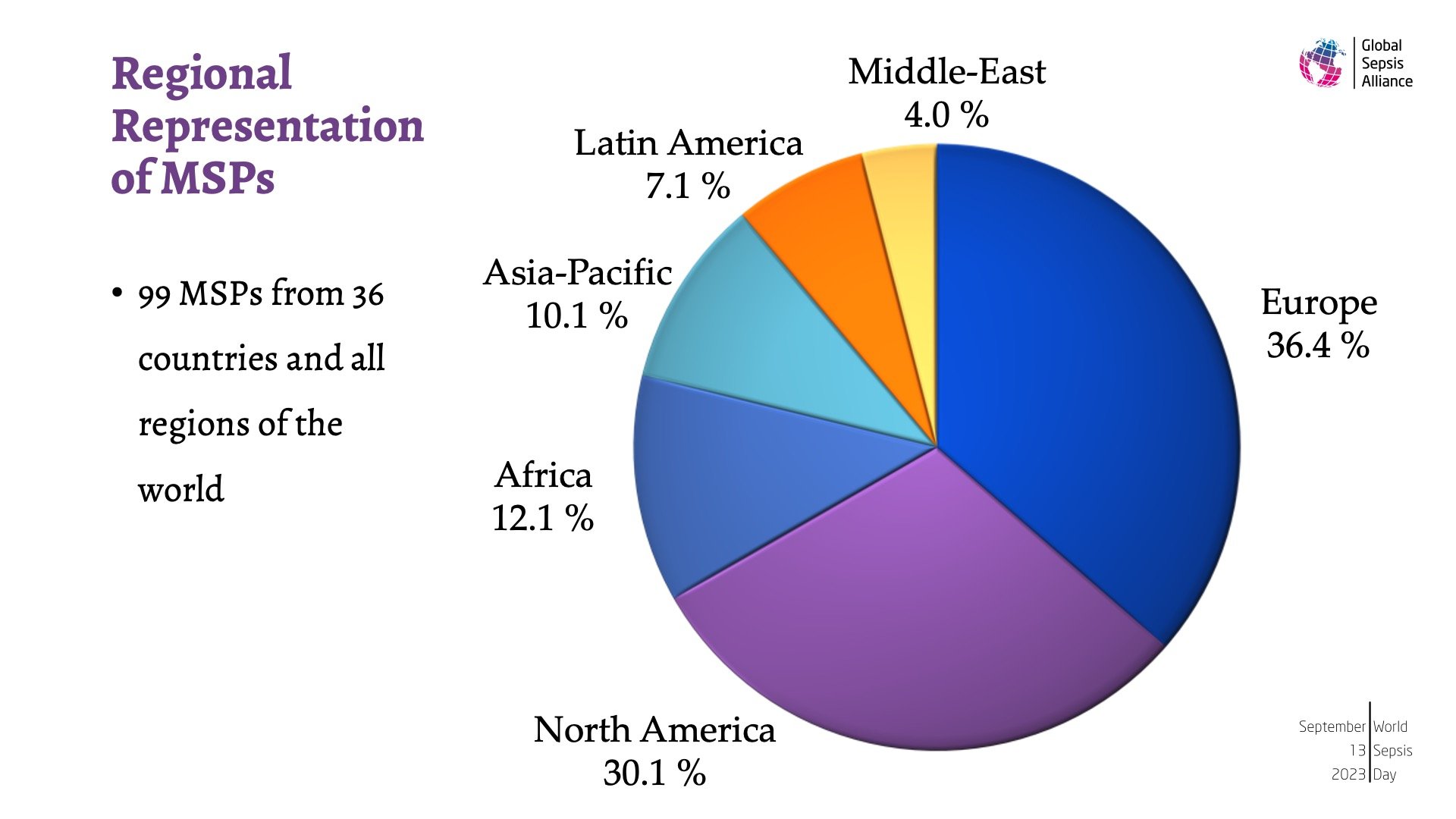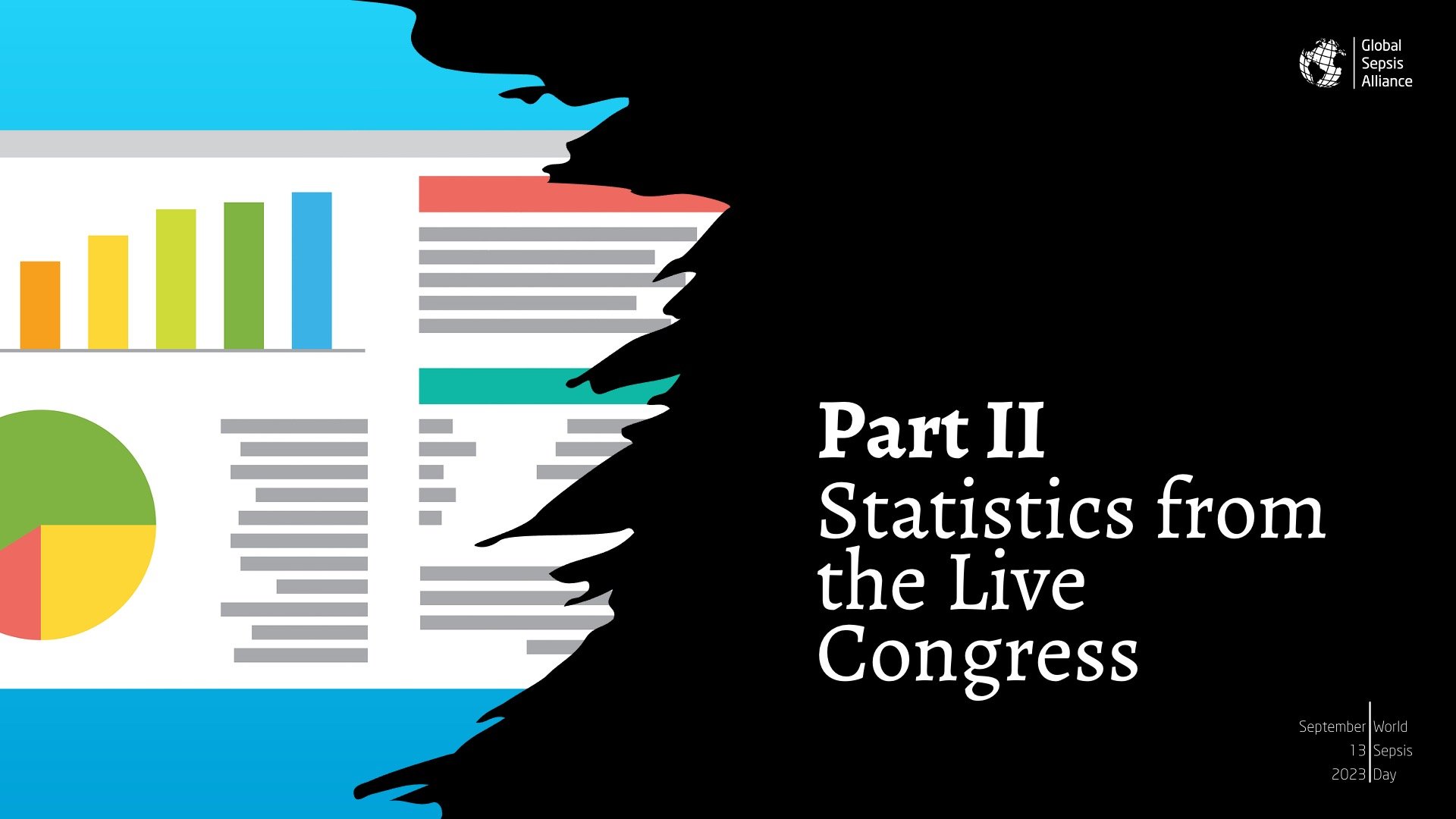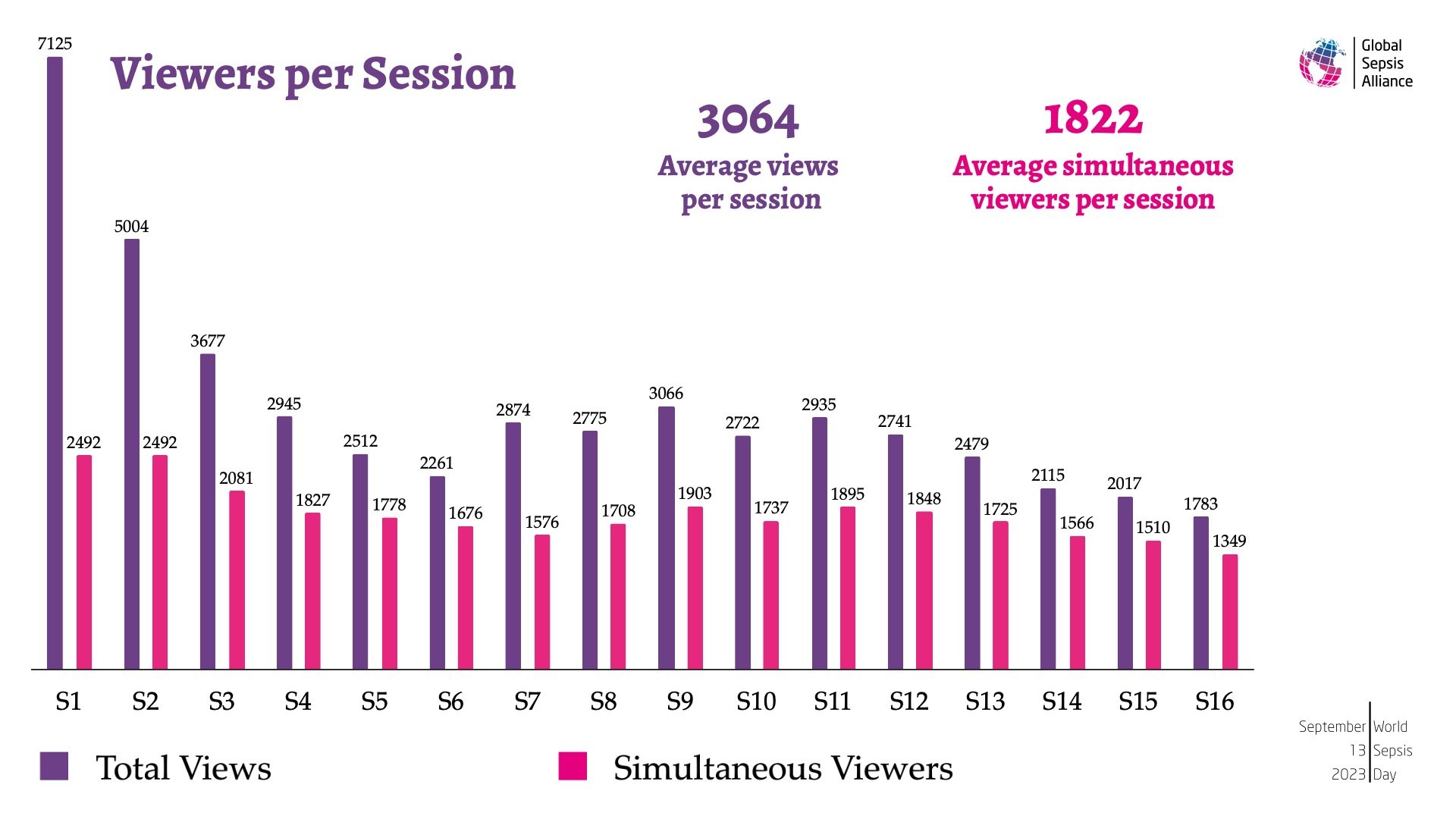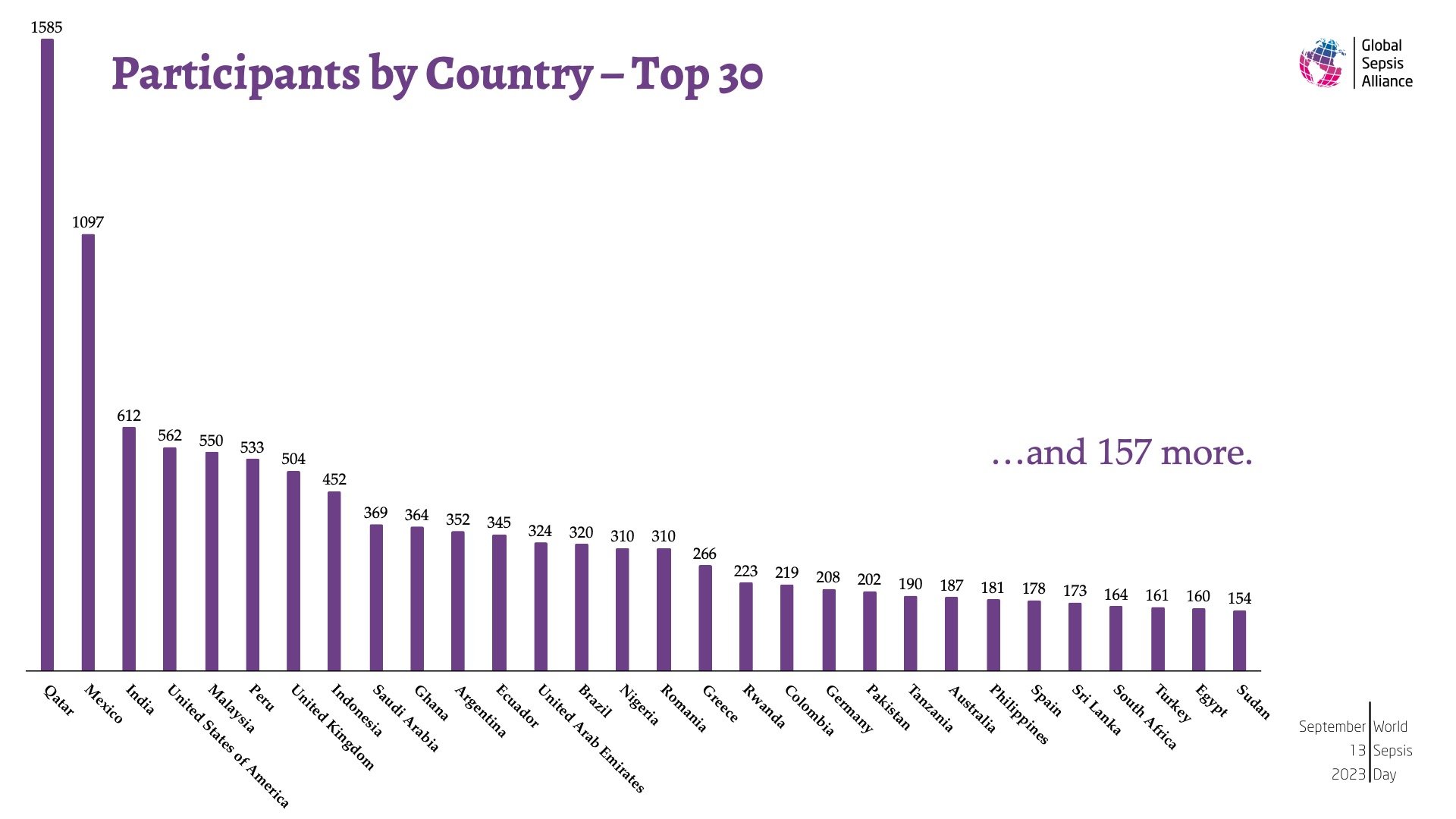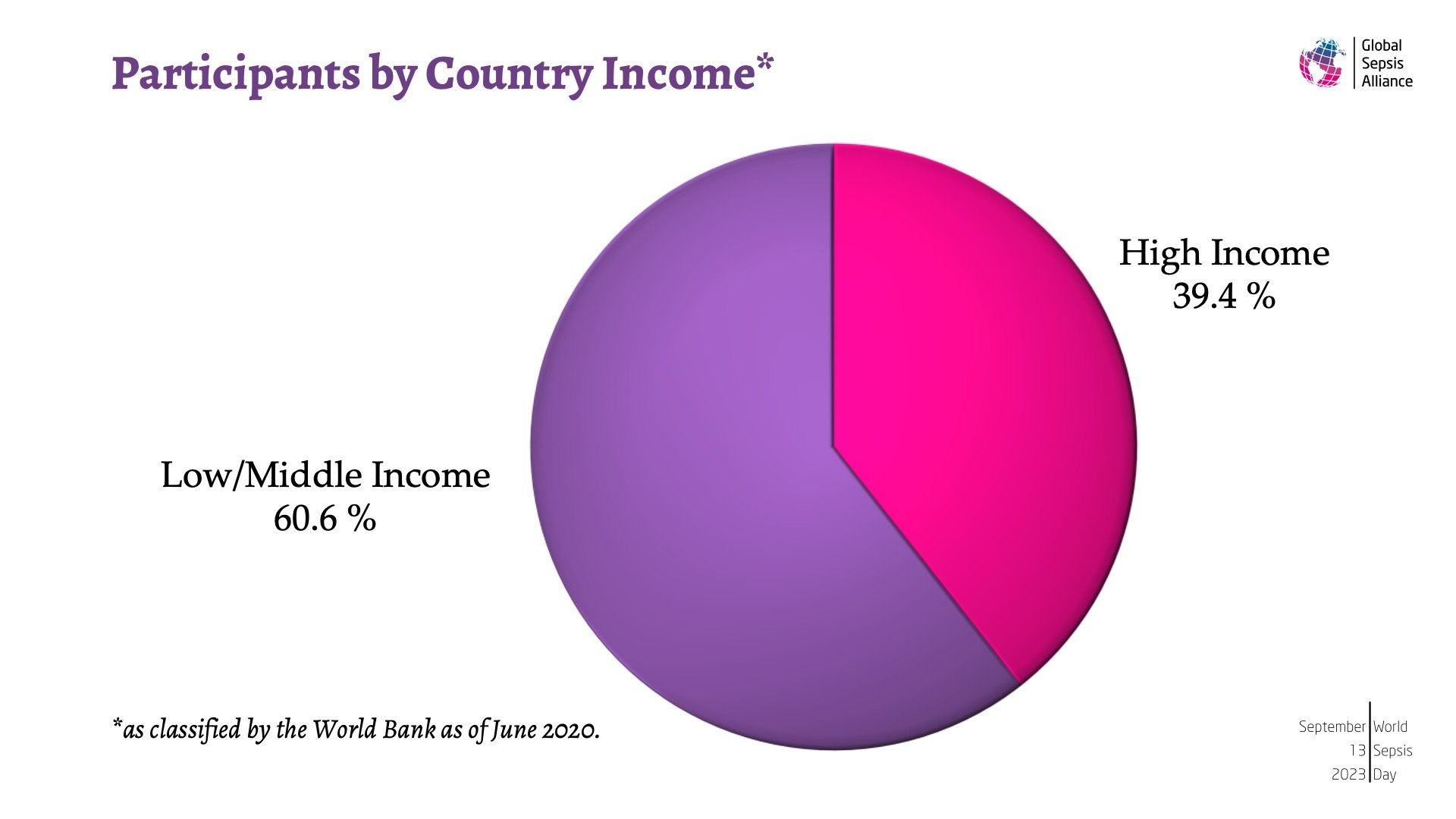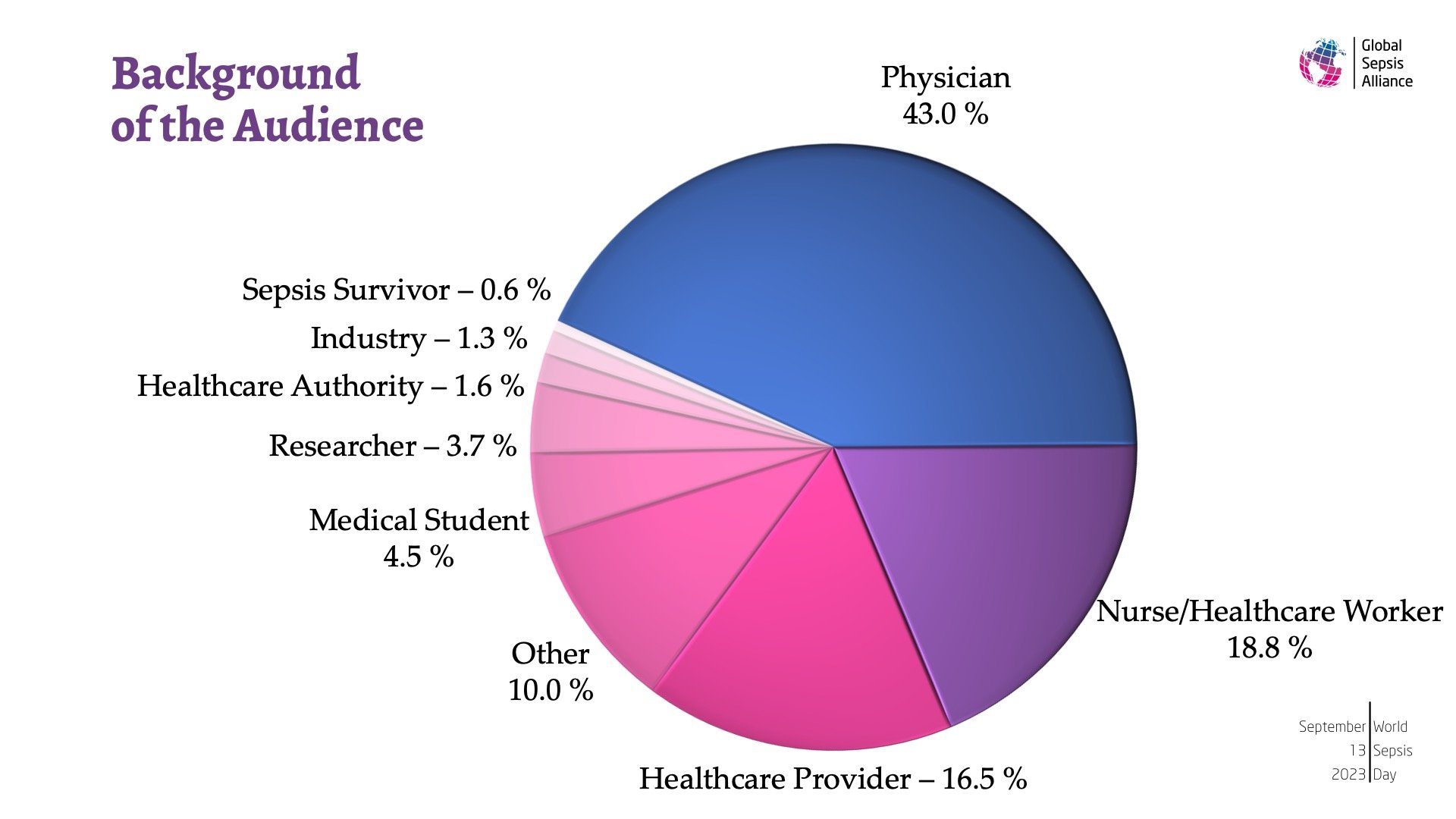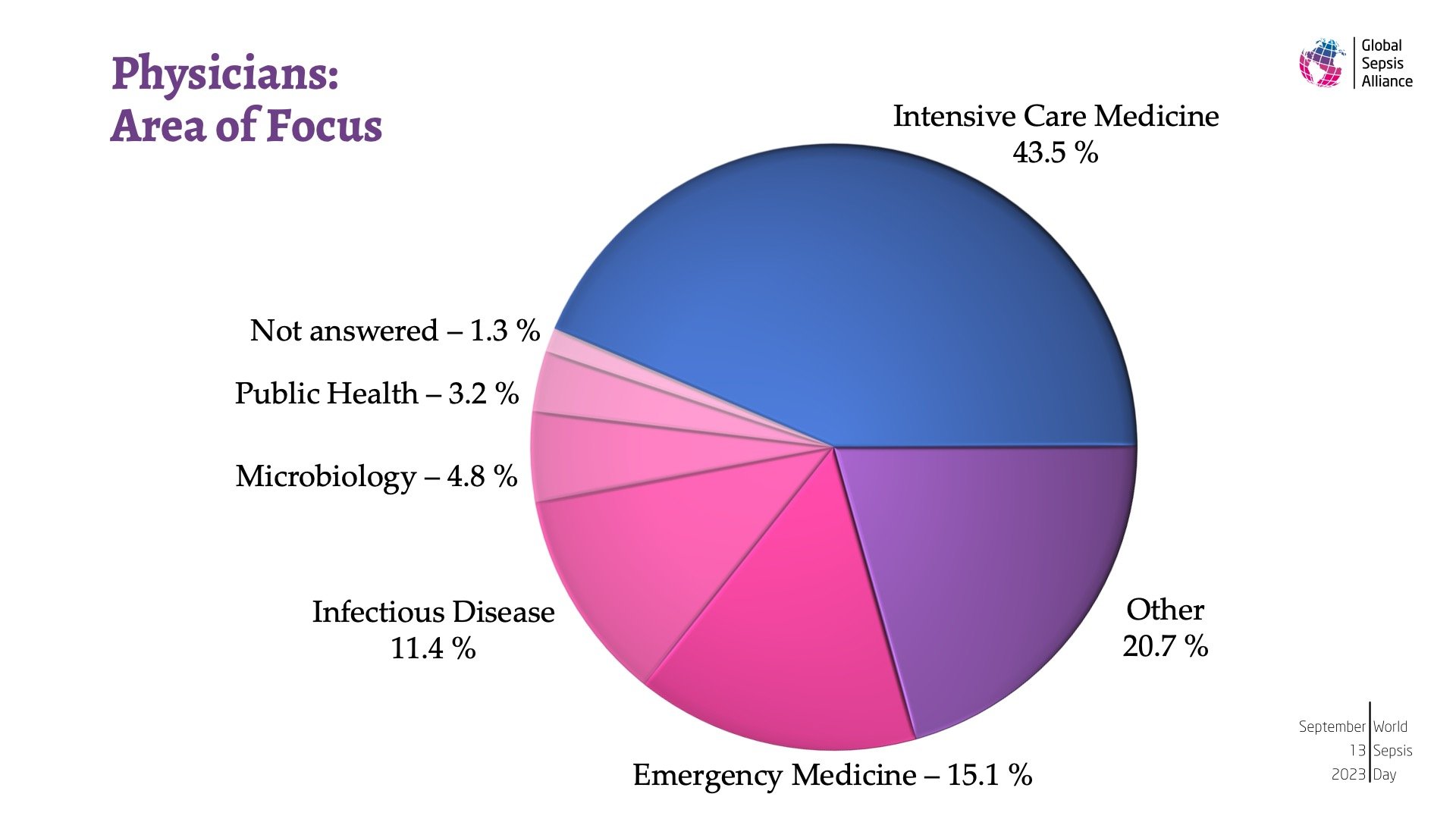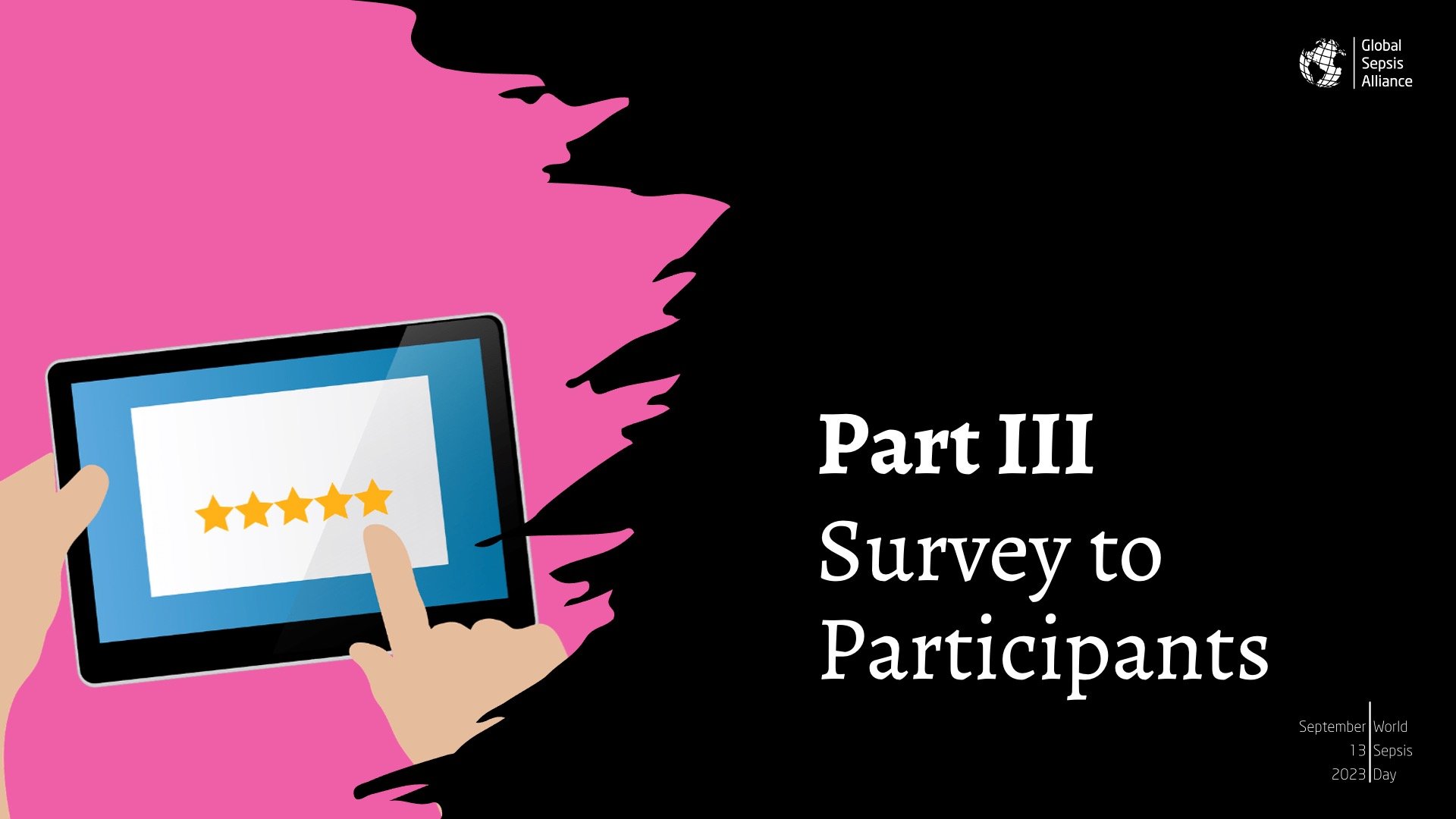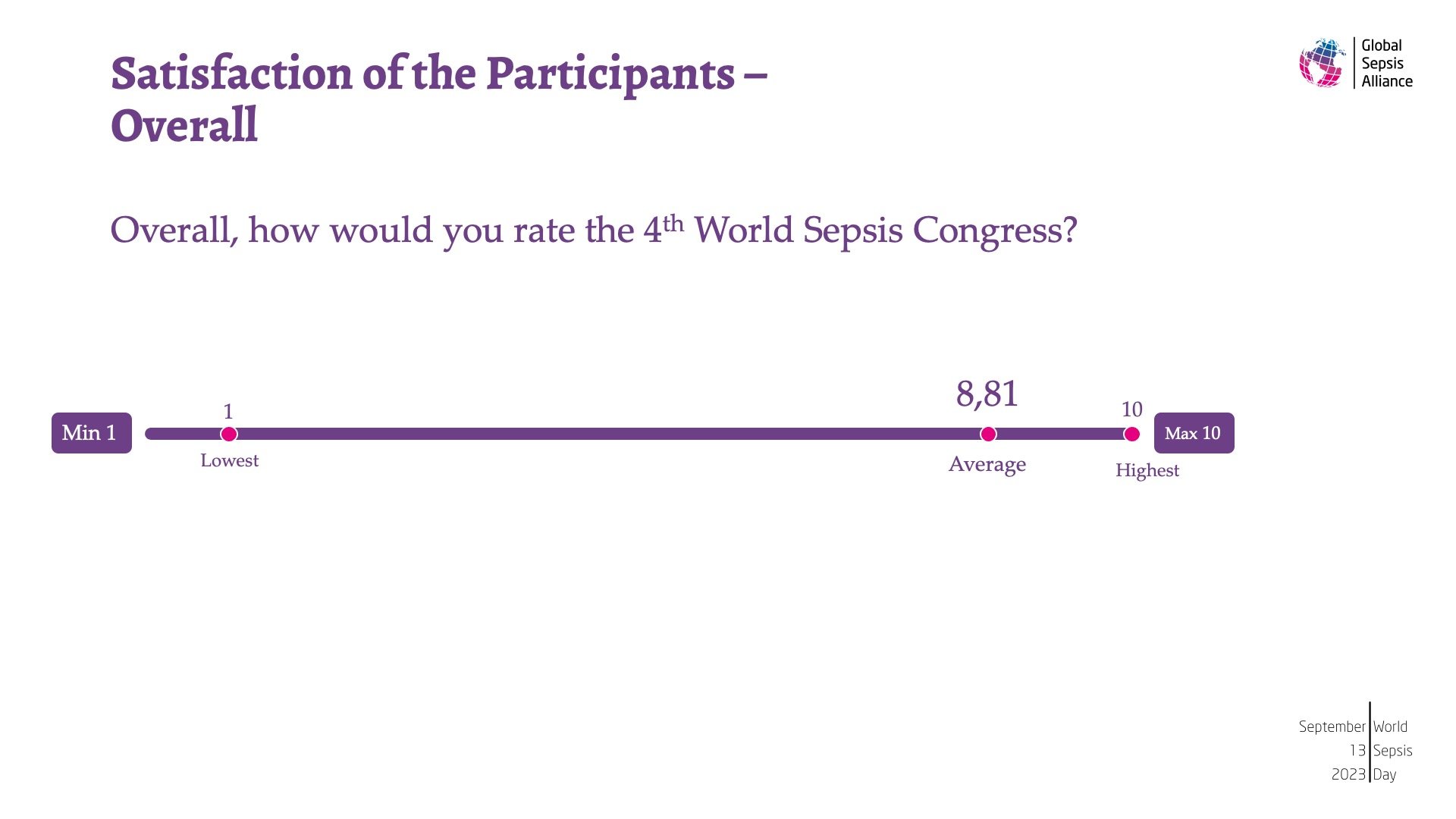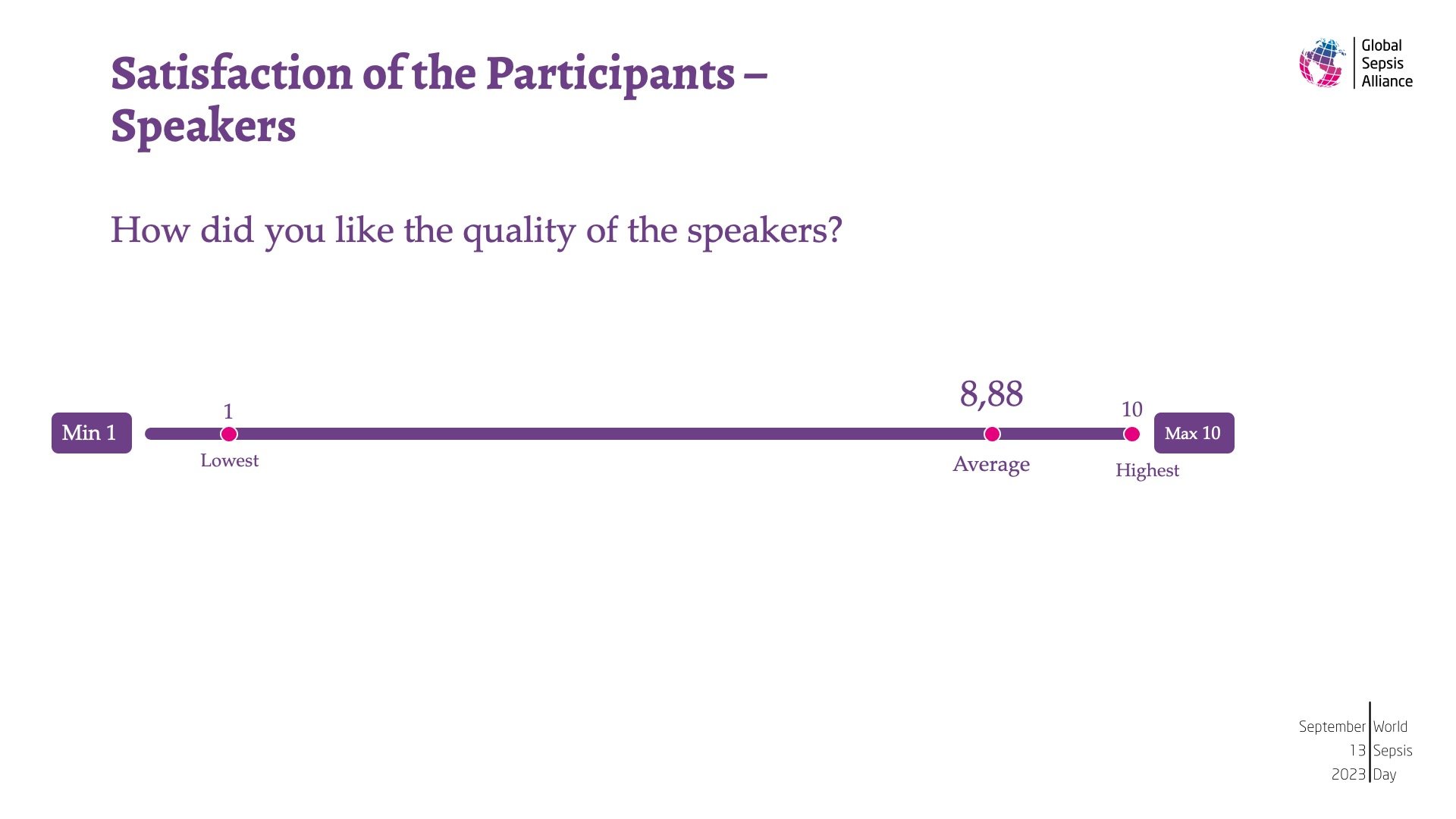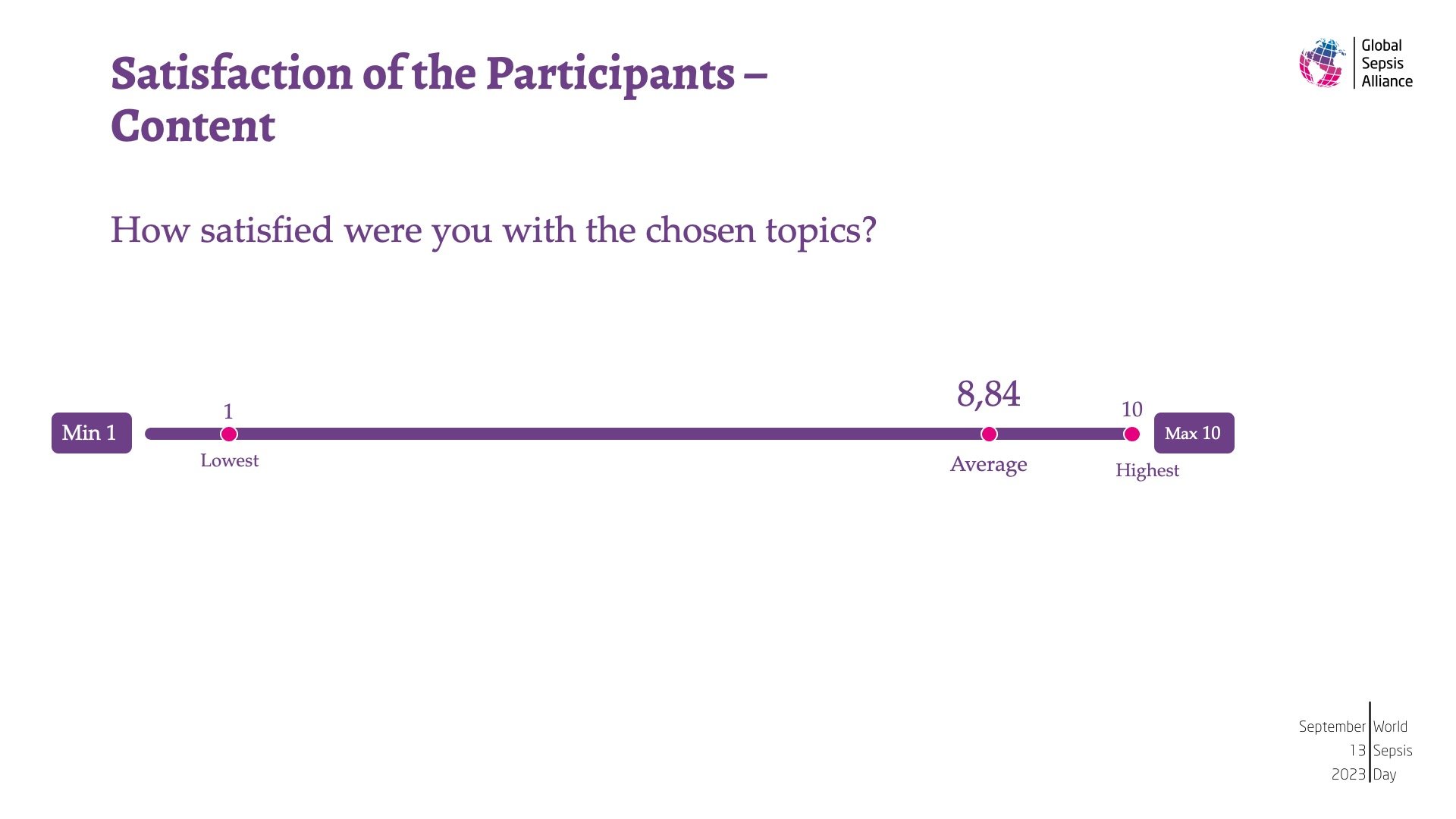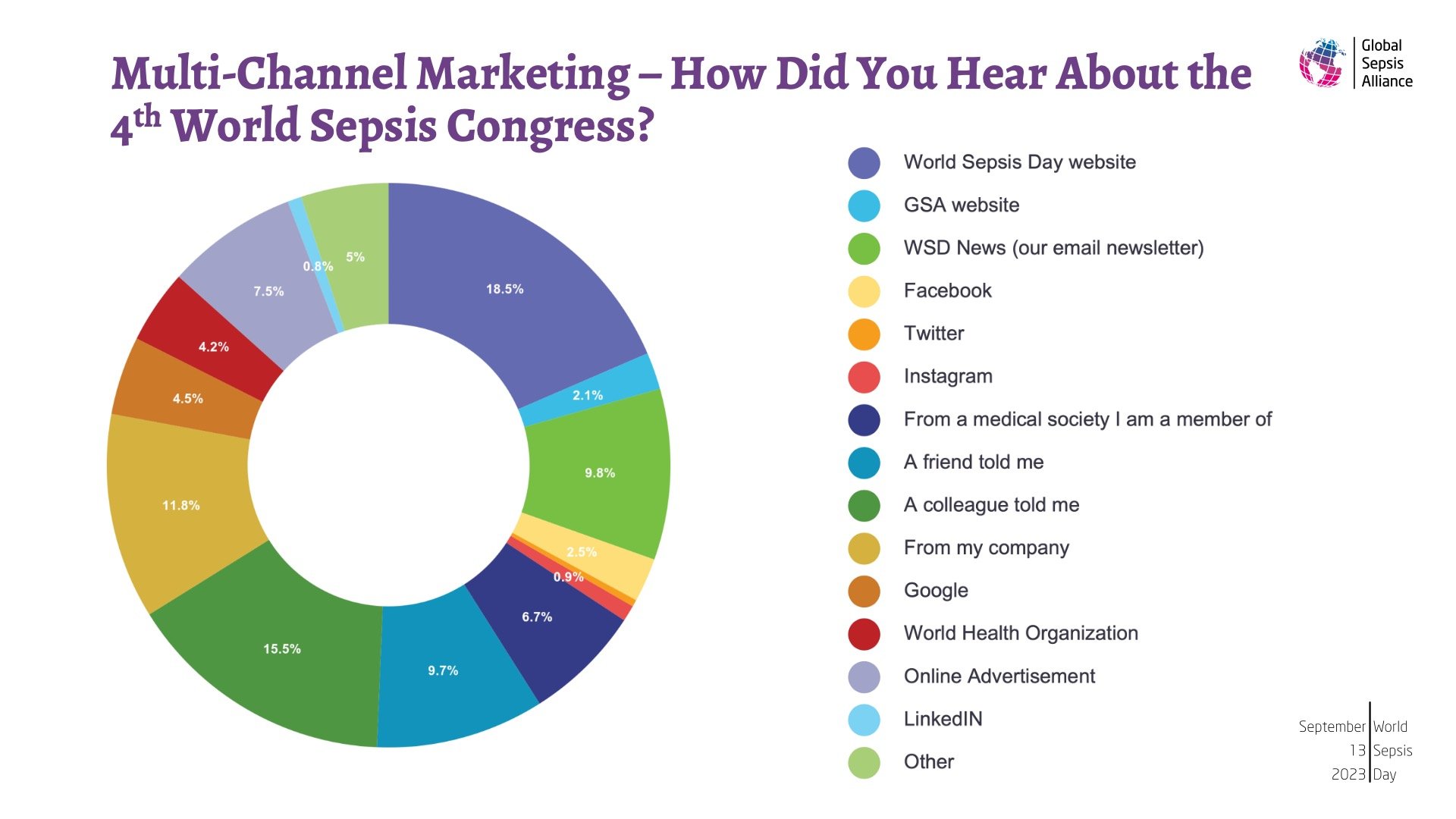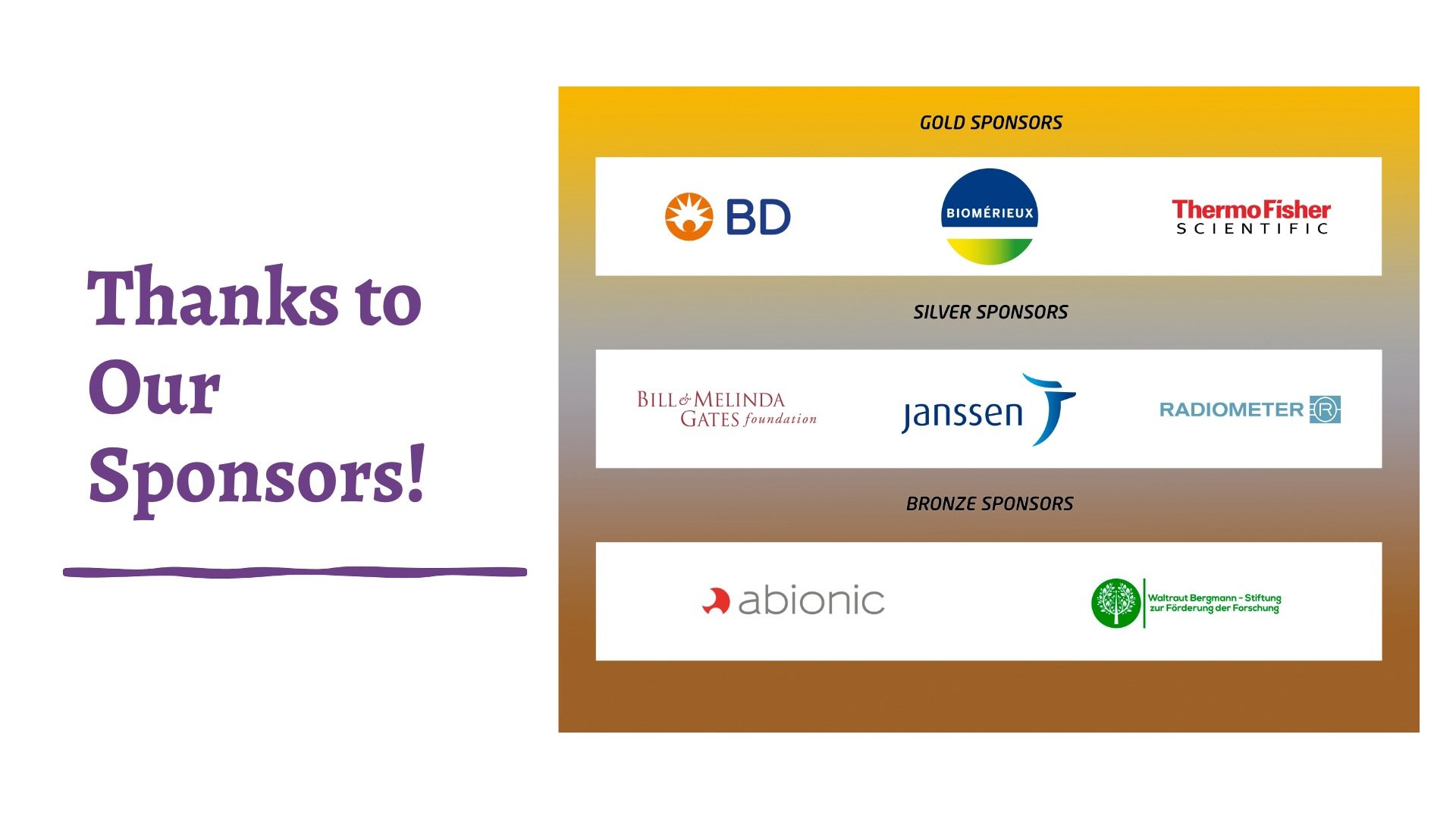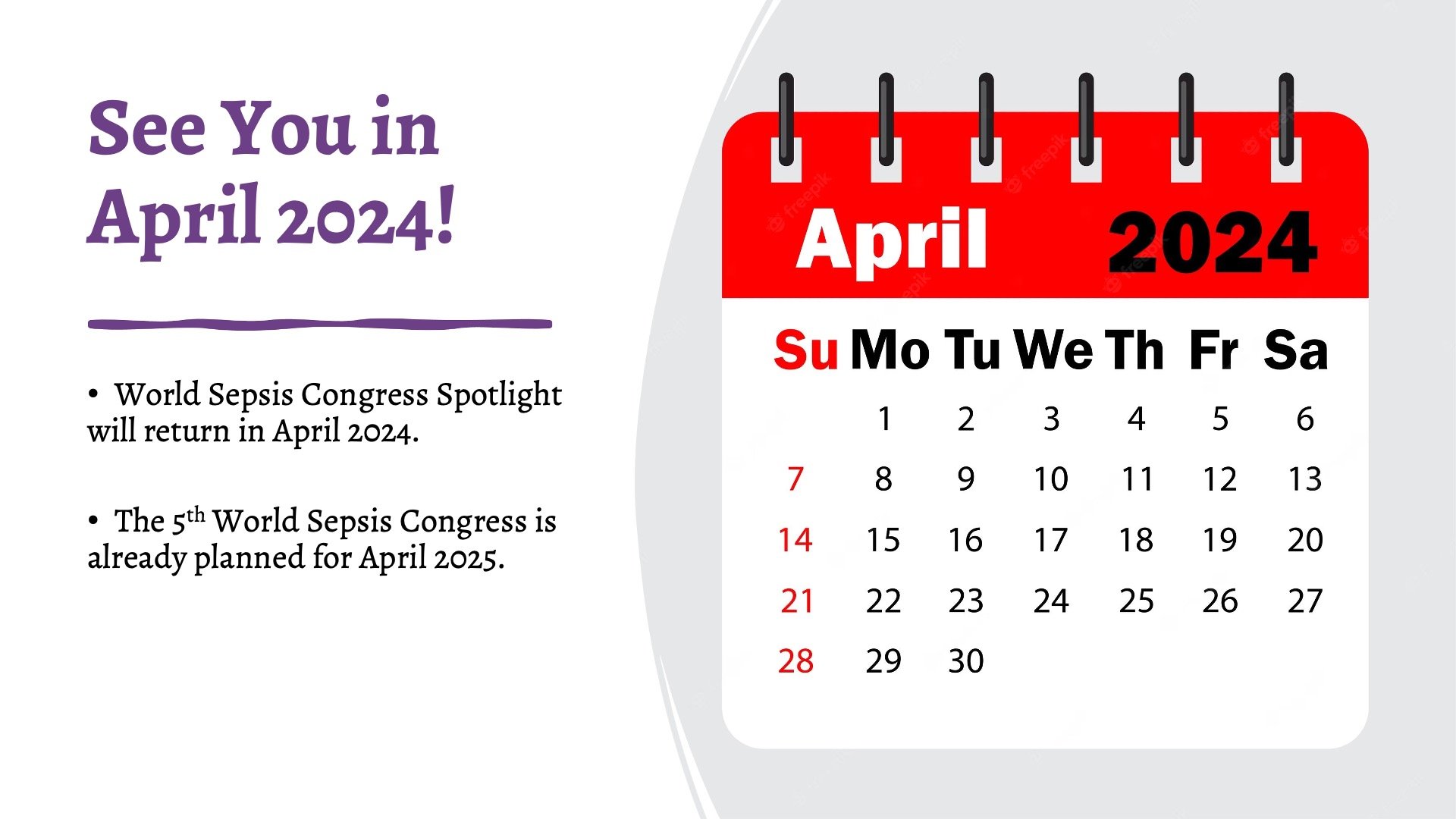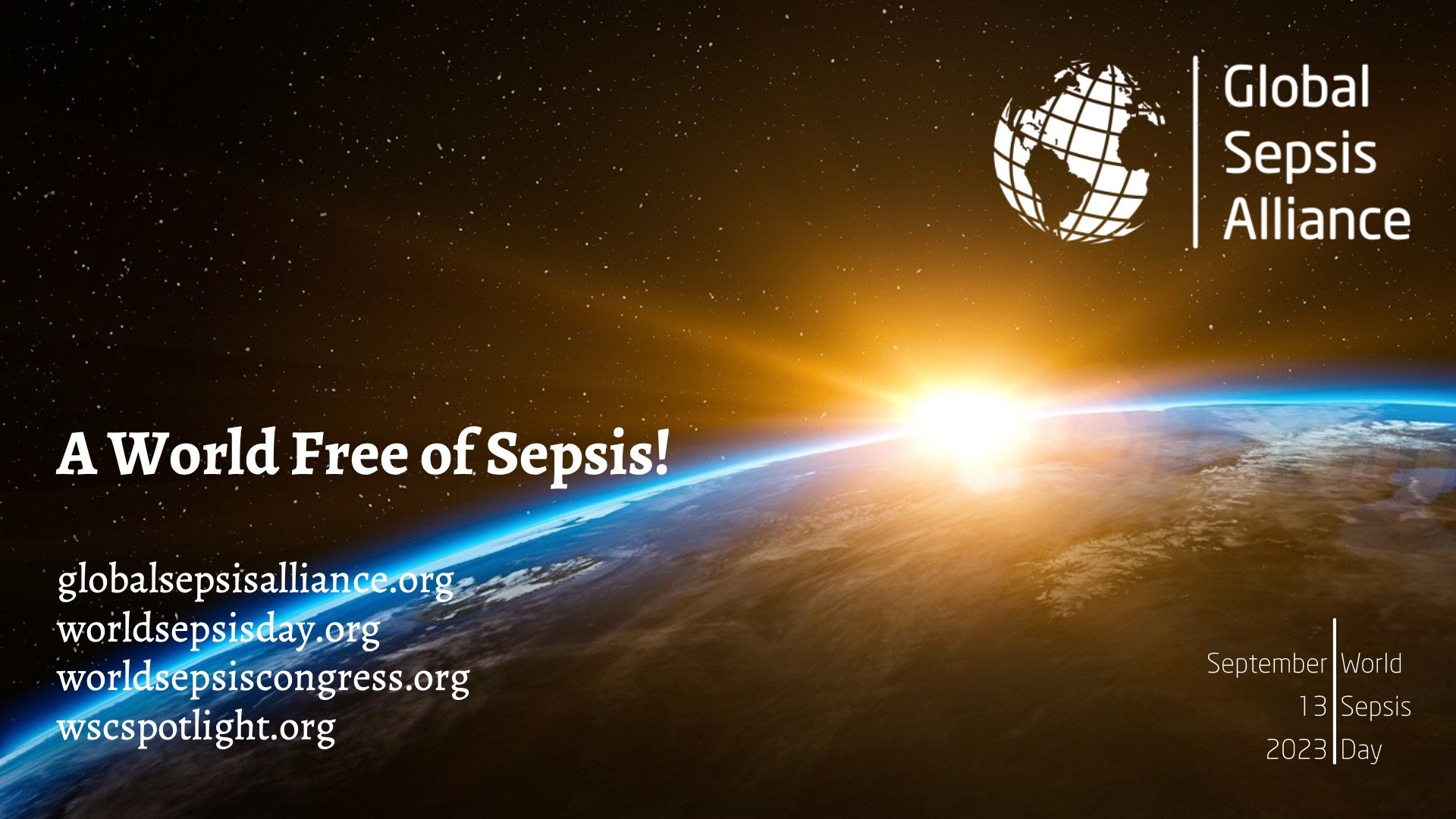Sessions 13 and 14 from the 4th World Sepsis Congress are now available on YouTube (embedded above) and as a Podcast on Apple Podcasts (just search for World Sepsis Congress in your favorite podcast app).
Session 13: The Impact of Survivors and Family Members to Improve Sepsis Awareness and Advocacy
Panel Discussion
Participants:
Ciarán Staunton, End Sepsis, United States of America
Melissa Mead, UK Sepsis Trust, United Kingdom
Ken Rothfield, Texas Health, United States of America
Luis Antonio Gorordo Del Sol, Sepsis Mexico, Mexico
Doireann O’Mahony, Irish Sepsis Foundation, Ireland
Mary Steele, Sepsis Australia Consumer Advocacy Group & Queensland Paediatric Sepsis Program, Australia
Session 14: Maternal Sepsis: Why Is It Still in the Top 3 for Global Incidence of Sepsis?
An Epidemiology-Based Assessment of the Problem
Alan Tita, University of Alabama at Birmingham, United States of America
Sharing the Story
Video
Sepsis Awareness and the Importance of Advocacy – Perspective of a Midwife and Sepsis Survivor
Helen Cheyne, University of Stirling, United Kingdom
Early Detection and Management – What Does It Mean for Maternal Sepsis?
Maria Fernanda Escobar Vidarte, The International Federation of Gynecology and Obstetrics, Colombia
Can Changing the Health System’s Approach Improve Maternal Sepsis Outcomes in Argentina and Beyond?
Edgardo Abalos, Independent Researcher, Argentina
Can Changing the Health System’s Approach Improve Maternal Sepsis Outcomes in Lebanon and Beyond?
Sabina Abou Malham, Université de Sherbrooke, Canada
Discussion by the Panelists
The Perspective of the World Health Organization
Benedetta Allegranzi, World Health Organization, Switzerland
Two sessions are released weekly on Tuesdays. The next sessions will be ‘Harnessing the Media to Advance the Global Fight Against Sepsis’ and ‘An Update on Research on Sepsis’ on June 20, 2023.
You can already subscribe on either platform to be automatically notified once new sessions are available.
Full Release Schedule
May 2:
S1: Opening Session – Key Success Factors to Address Global Health Threats
S2: The Health Economic and Human Burden of Infections and Pandemics
May 9:
S3: Overcoming Silos to Address Infection-Related Global Health Threats
S4: The Quality of Healthcare Systems and QI Efforts on Outcomes from Sepsis and Pandemics
May 16:
S5: Advances and Challenges by Our Regional Sepsis Alliances
S6: Advances in Timely Pathogen and Sepsis Detection
May 23:
S7: The Benefits of Multidisciplinary Teams in Sepsis Care on the Health Care Facility Level
S8: The Potential and Challenges to Intervene with the Immune Response
May 30:
S9: Biomarkers and Antimicrobial Stewardship – The Synergies to Diagnose Sepsis and to Prevent AMR
S10: Lessons from the Pandemic to Fight Common Infections and Sepsis
June 6:
S11: Understanding and Improving Long-term Outcomes after Sepsis and COVID-19
S12: Neonatal Sepsis Platforms and Guidelines
June 13:
S13: The Impact of Survivors and Family Members to Improve Sepsis Awareness and Advocacy
S14: Maternal Sepsis: Why Is It Still in the Top 3 for Global Incidence of Sepsis?
June 20:
S15: Harnessing the Media to Advance the Global Fight Against Sepsis
S16: An Update on Research on Sepsis



